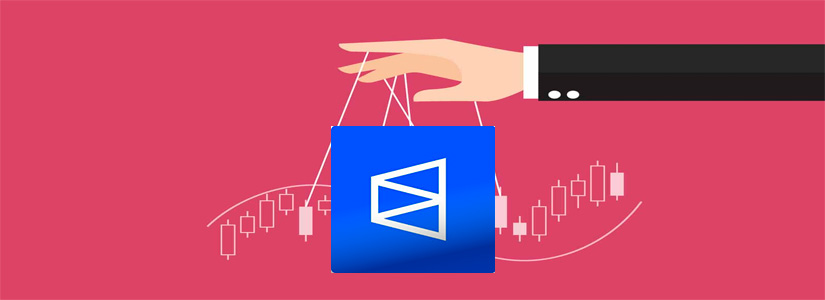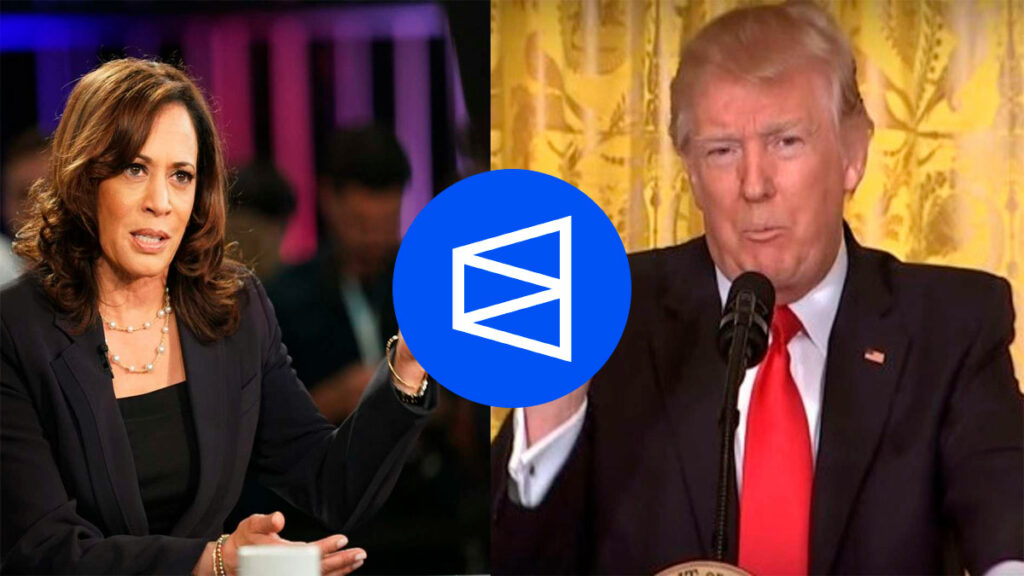TL;DR
- As the U.S. presidential election approaches, decentralized betting markets show a tightening race between Donald Trump and Kamala Harris, with Harris’s odds surging from 33% to 42% and Trump’s dropping to 57%.
- Factors influencing the odds include concerns over potential voting irregularities and emerging polling data from battleground states like Iowa, where Harris leads Trump 47% to 44%.
- Market manipulation concerns arise as some traders allegedly execute trades to influence odds, highlighting the need for caution given the potential for manipulation and the unpredictability of election outcomes.
As the U.S. presidential election approaches, decentralized betting markets are showing a tightening race between former President Donald Trump and Vice President Kamala Harris. Recent shifts in betting odds indicate a significant change in momentum, with Harris gaining ground on Trump.
According to Polymarket, a decentralized prediction platform, Harris’s odds have surged from 33% at the end of October to approximately 42%, while Trump’s odds have dropped to a two-week low of 57%.
Factors Influencing betting markets’ Odds
Several factors are contributing to the shifting odds. Concerns over potential voting irregularities have led some traders to hedge their bets, adding uncertainty to the election outcome.
Additionally, emerging polling data from crucial battleground states, such as Iowa, show Harris leading Trump 47% to 44%, with particularly strong support among women voters. This potential flip in Iowa, a state Trump carried in both 2016 and 2020, could signal broader electoral shifts across key states.
Market Manipulation Concerns

Despite the tightening race, some crypto market observers have raised questions about the validity of these movements. There are allegations of market manipulation, with some traders reportedly executing trades within the same minute to create upward pressure for Harris and downward pressure for Trump.
This has led to suspicions that certain traders are deliberately influencing the odds to shape public perception. While betting markets have historically proven to be reliable predictive tools, they are not infallible. The 2016 election serves as a striking illustration, as these markets greatly miscalculated Trump’s likelihood of winning.
As the election draws closer, the decentralized betting markets offer a real-time snapshot of current expectations, but they should be viewed with caution given the potential for manipulation and the inherent unpredictability of election outcomes.
The tightening odds in decentralized betting markets reflect the growing uncertainty and high stakes of the upcoming U.S. presidential election.
As Harris gains ground on Trump, the race remains highly competitive, with both candidates vying for crucial swing states. The evolving dynamics in these markets underscore the importance of staying informed and cautious as election day approaches.










